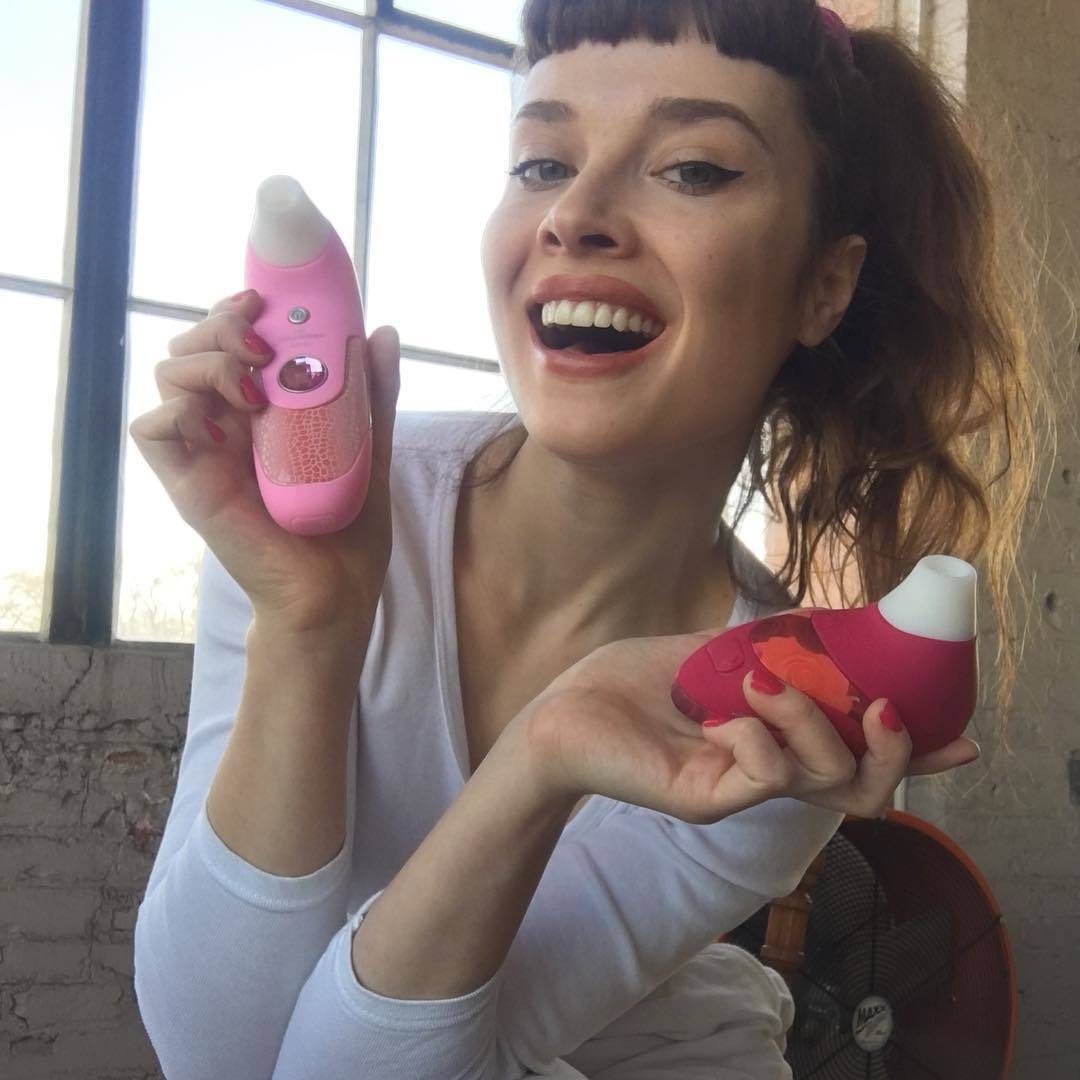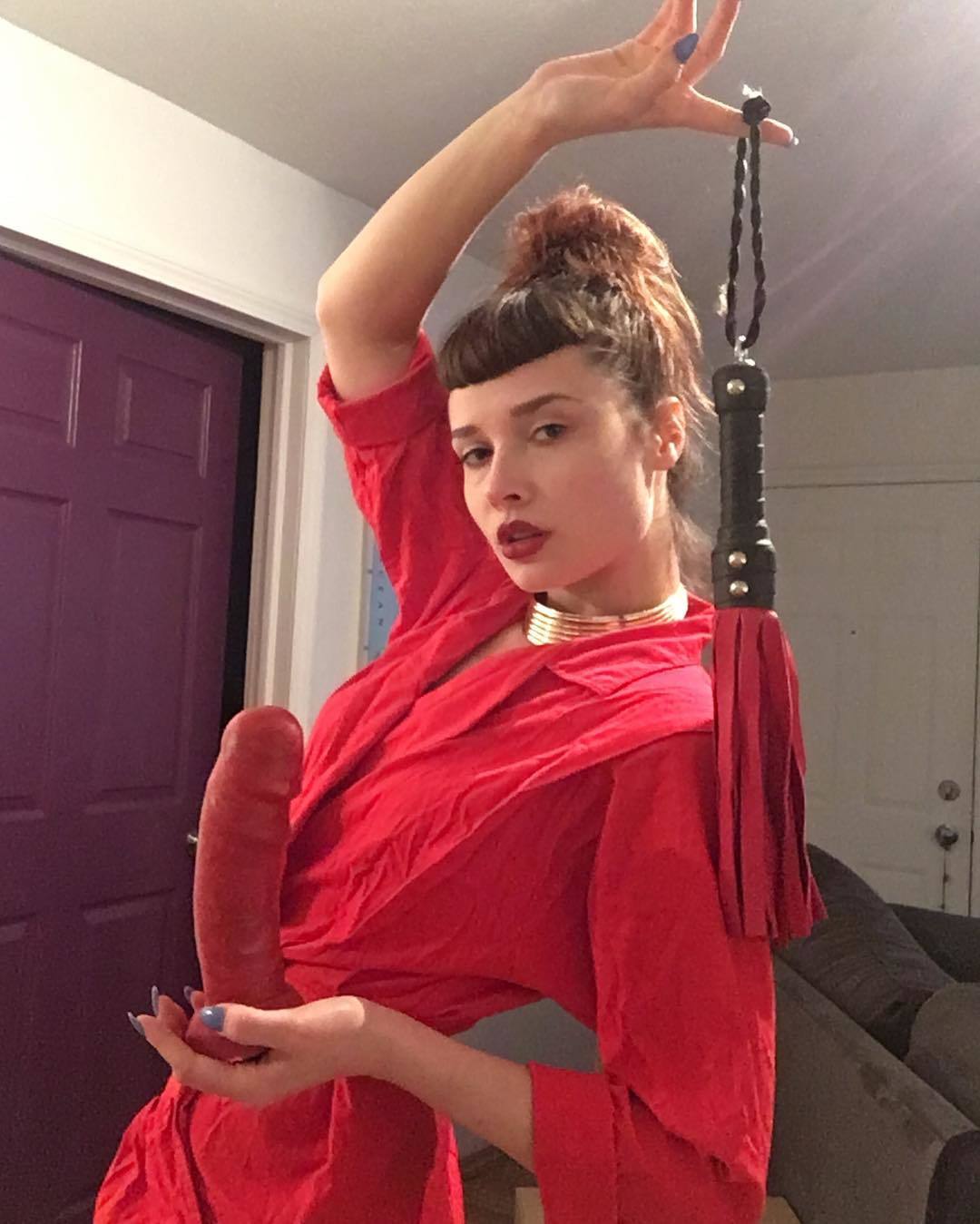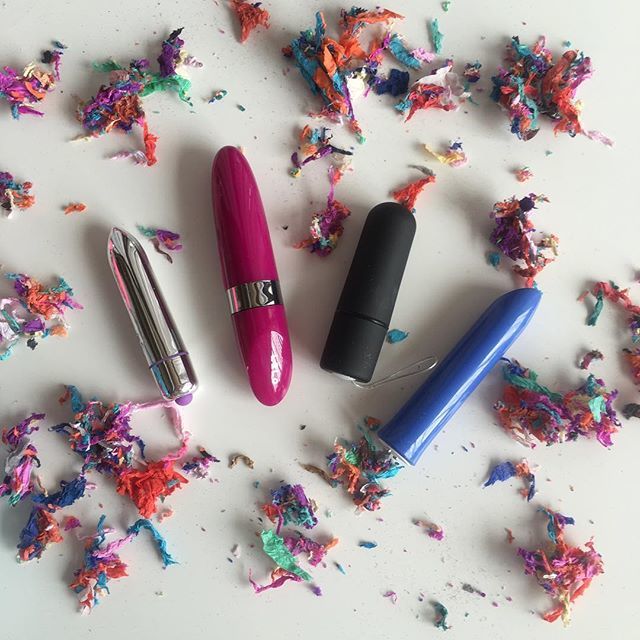Sex stores have long been positive places that encourage openness and transparency in how we talk about and explore pleasure. But while we love them, not all businesses have totally kept up with the times. After all, thanks to the internet our conversations around sex are more nuanced and evolved than ever as focus shifts from cis-men and increasingly gives space to female and LGBTQ experiences.
Zoe Ligon started her online store Spectrum Boutique after a stint managing a well known and much loved New York City sex store. Her experience there introduced her to the importance of these spaces, but she was aware they weren’t totally onboard with the evolving dialog and customer. Speaking to i-D she commented, “While I love all of the toy stores that are the most popular at the moment, not many of them appeal to the 18 to 25 year old demographic, they don’t have the same handle on social media we have.” With the establishment of Spectrum she joined the increasing numbers of young women using sex retail as a way to bring the online-sexual revolution into people’s IRL worlds.

Of course, women claiming space in the sexual landscape isn’t a new concept. Sandra Bruce of SheVibe started her business 12 years ago because she felt sex stores and products didn’t match her own expectations. In an email to i-D she wrote she was concerned the mainstream conversation was stuck on “females pleasing males…Any space we occupied was considered radical or fringe. We were objects used as a means to an end.”
In the 12 years since she started out, the idea of a sex-store client has changed as new consumers want retailers to mirror their own relationships with sex and gender. But beyond selling toys and novelties, these women are taking advantage of a new opportunity to educate, engage and make people comfortable with their own sexuality.
Talking about her own approach to business Zoe says: “I like to make it a little more humorous. A lot of companies that are sex positive are still trying to tiptoe around stuff a little bit, but ‘millennials’ just want you to tell it to them straight”. Her theory is working: Zoe’s more than a business woman, she’s an internet It girl. Her feed is a mix of dildos, lube and cute haircuts. Her frank and approachable engagement means the 31 thousand people who follow her personal account aren’t what you’d usually picture when imagining erotica groupies. She’s speaking to an audience that might be reluctant to wander into a physical store.

This platform for engagement was what initially drew Vanessa Cuccia, founder of Chakrubs a company that makes crystal sexual wellness products, into the industry. Like Zoe she had experienced how positive working at a traditional sex store could be. A former employee of LA business the Pleasure Chest, she took that job while looking for a way to deal with previous sexual trauma. She explained to i-D that the non-judgemental space allowed her to “break down those barriers of shame”.
But as she began speaking to others about their experiences with the sex toy industry she became aware that something was still missing. While Sandra observed an absence of female perspective, and Zoe felt a younger audience was being missed, Vanessa saw “there was no conversation happening that involved sex and spirituality.” She started a sex-product company to offer a space that provided more than an orgasm, but rather helped people use sex as a way to discuss larger issues that intersected with how we see our bodies.
Entering an industry still defined by what men thought sex was supposed to be she noticed how strangers sought her out to explore broader notions of sensuality. Her clients wanted to talk about feminism, sexual health, emotional wellness and their own traumatic sexual experiences.

At the heart of Vanessa’s experience is a search for a more sensitive and diverse approach to sexual education and conversation. But with so many resources missing, not everyone is comfortable walking into a commercial sex retailer and educating themselves. Thankfully these female-run, largely online, businesses also offer a much needed opportunity to substitute the sex-ed we miss in school.
While each of the women spoken to for this article had origin stories that span the practical to the spiritual, everyone was aware of their role in helping educate people about their bodies. That may refer to achieving orgasm, navigating sexual health or exploring their own sexuality-all subjects untouched by traditional health education. Zoe comments, “I was furious when I realised I had to become a sex educator to learn this stuff?”
“The sex education in our schools is sorely lacking at best and non-existent at worst, causing many to feel ashamed and shut out,” Sandra adds. By talking directly to their largely young clientele they’re filling knowledge gaps themselves.
It’s hard to package the impact this growing wave of women starting and running their own sex stores is having-they’re doing more than helping strangers come. “Everyone benefits from everyone being educated” continues Zoe, “We’re all interacting with each others’ bodies, even if we’re not attracted to the opposite sex.”
Talking about sex and understanding how to protect and experience our own bodies has massive ramifications. Conversations around getting off can quickly lead into complex issues like rape culture and consent. By allowing people a framework to talk about these things we can find ways into larger and more complex areas.
Previously so many of us have been muted because we didn’t have the support to help us start talking. But luckily when it comes to evoking big change from big topics we have cyber-sisters helping us out. “It’s about having a network of people to talk to’ concludes Zoe, “You need an objective third party you can reach out to about this stuff, and I want to be that person.”
Credits
Text Wendy Syfret
Images via Instagram
